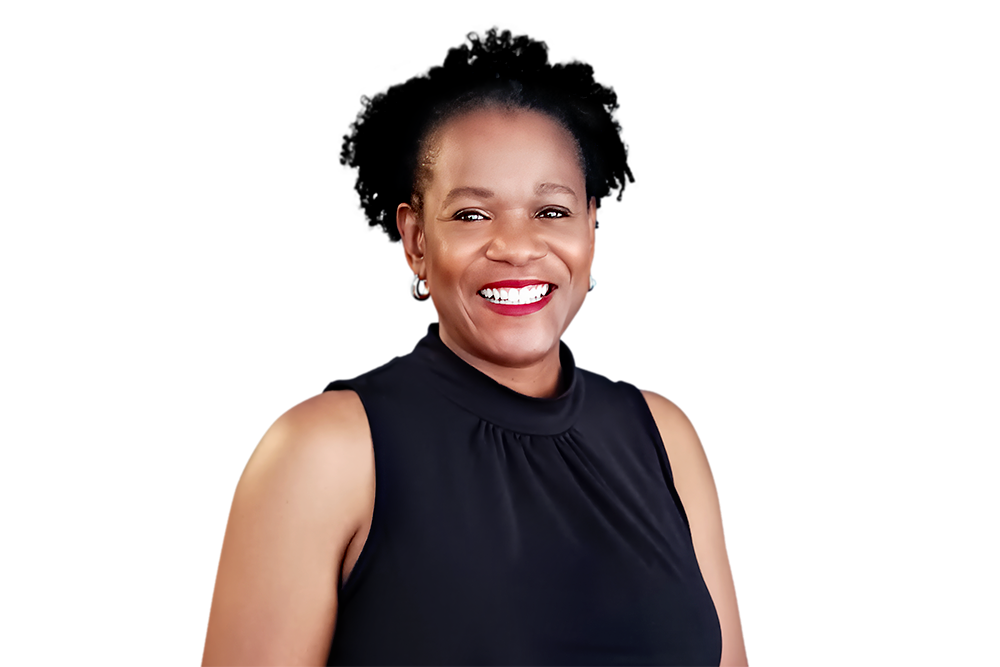Culture of Belonging – Scaling Leadership Pt.4

The previous article on the diversity, inclusion, and belonging (DI&B) leader examined the leadership impact that DI&B leaders can have when it comes to Leading People. In this final blog post, RHR’s Readiness for ScaleSM model will be used to highlight competencies like Reasoning with Agility, Thriving in High Stakes, and Knowing Self. Problem-solving, remaining calm under pressure, and self-awareness in a complex role are the high-level areas of focus for this fourth dimension, Leading Self.
LEADING SELF
Reasoning With Agility
What It Means: Connecting ideas and information in a flexible and fluid manner and learning and integrating new information in ever-changing circumstances.
What It Looks Like Right Now: Today’s DI&B leaders are asking themselves questions like: How do we make DI&B learning experiences impactful in a virtual environment? What does it mean to create a culture of belonging for both politically conservative and liberal voices in the workplace? How long would it take to create pay equity in our organization, and what is the path to get there? Analytical is a word that is often used to describe a leader who demonstrates strengths when it comes to problem-solving skills. Yet being able to make sense of increasingly complex information is just one aspect of this competency. What sets leaders apart in this area is their ability to recognize their own gaps in knowledge and to know when to bring experts to the table to help solve problems. In a period of rapid change, DI&B leaders must show up as a student and facilitate conversations that invite a variety of stakeholders into the process.
Thriving in High Stakes
What It Means: Sustainably performing with stamina and consistency under intense pressure and pace.
What It Looks Like Right Now: Executing with scarce resources and managing steady resistance have often been recipes for burnout for a DI&B leader. Add a pandemic and the brighter spotlight on this role, and these leaders are at even greater risk. I recently listened in on a webinar where a chief diversity officer discussed the toll of last six months on her health. For the first time in her life she was experiencing panic attacks. Her doctor informed her that she needed to make some changes fast. When Executive Bench® consultants assess leaders along this dimension, clear signs of challenges often point to a leader’s inability to remain composed under pressure. Although this can be the case for a DI&B leader, right now, the clear sign is their inability to keep pace physically and mentally with the varied demands of the role.
Knowing Self
What It Means: Understanding and appreciating implications of their leadership style amid broadening power and influence.
What It Looks Like Right Now: Much of this competency is related to self-awareness, but Executive Bench consultants also pay close attention to how a leader leverages feedback for their own development. Like many senior leaders, the opportunities for input are limited and can yield feedback that is vague. Fortunately, DI&B leaders can capitalize on the increase in DI&B efforts by asking for real-time feedback from stakeholders, peers, and direct reports. DI&B leaders are finding themselves moderating town hall meetings, partnering with stakeholders across the organization on myriad policies and processes, and coaching executives. DI&B leaders are presented with several opportunities to seek feedback on their influencing skills, business lens, decision-making approach, and strategic mindset. Leaders who score high in Knowing Self often seek out feedback as opposed to waiting for the normal channels like a performance review. More importantly, they take action on the feedback to improve their impact.
As shared in the introductory post, RHR’s Executive Bench has assessed leaders in the DI&B discipline. Our Readiness for ScaleSM model has played a critical role in helping hiring managers make selection decisions and helping HR executives assess their talent pipelines in the DI&B function. It is our hope that this blog series helps provide a new mental model when making talent decisions for DI&B leaders.
Dannielle Hawk is an Executive Bench® services consultant based out of the Atlanta office.






